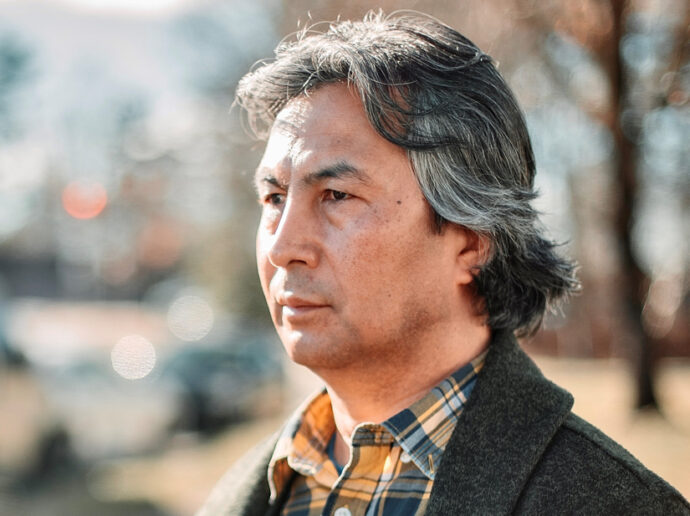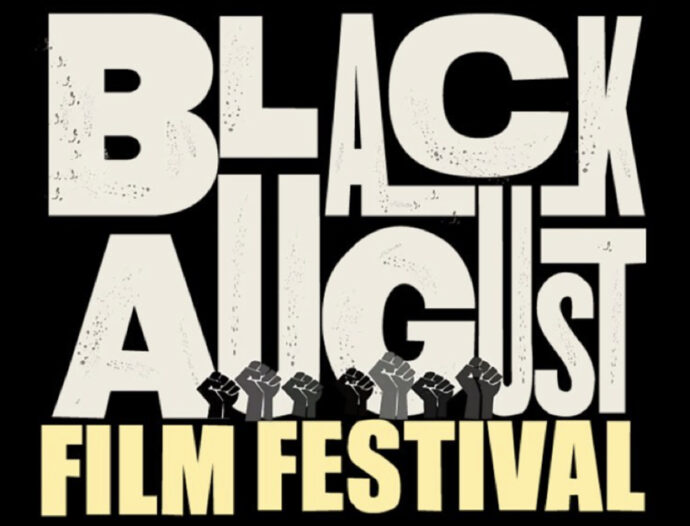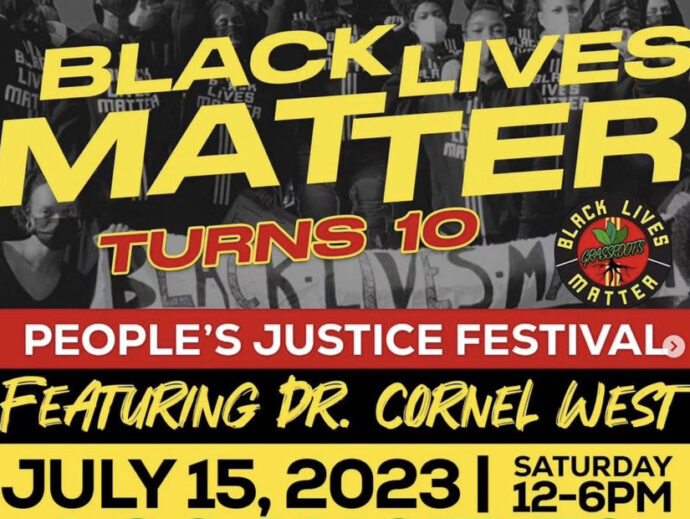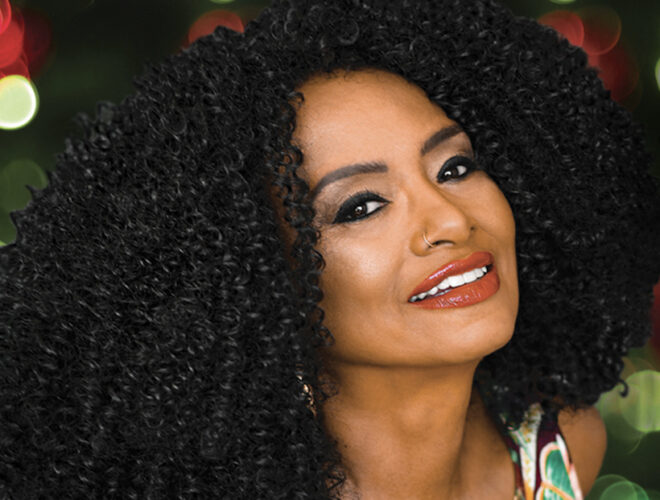
Susan B. Anthony
Quakers are taught that ‘there is that of God in everyone’ and that our interactions with others demonstrate this truth. Because of this fundamental belief, there have been centuries of Quaker women and men who have dedicated their lives to standing up against the injustices that legalize oppression, discrimination and exclusion.
Susan Brownell Anthony was born into a Quaker family that was non-conformist even within this denomination that encourages each person to discern how to enact the fundamental values of simplicity, peace, integrity, community and equality. (SPICE). Her father married a non-Quaker woman, which was generally frowned upon. He was adamant that all his children attend school so, like his father before him, he built a school in order to have his girls pursue their studies.
This commitment wasn’t shared by all the men in her family. Some years later Susan’s brother-in-law said to her, “I’d rather see a woman make biscuits than solve the knottiest problem in algebra.” Susan’s immediate reply was, “There is no reason why she should not be able to do both.” This feistiness served her well in her life as an activist, demanding that society do away with laws that were inherently unjust.
In her early twenties, Susan moved with her family to Rochester, New York, where the Underground Railroad was very active within the Quaker Community. Susan’s family got to know Frederick Douglass through their participation in community antislavery meetings, and regularly read his paper, The North Star.
These early influences set the stage for her choosing a life of activism. In her early 30’s, she embarked on her life’s mission to ensure the nation’s laws recognize that all are equal both through the abolition of slavery and establishing legal rights for women. While working in the American Anti-Slavery Society she stated, “We demand the abolition of slavery because the slave is a human being, and because man should not hold property in his fellowman.” When the Dred Scott decision was handed down in 1857, excluding blacks from the rights held in the constitution, Susan saw that her “work was to rouse the sleeping consciousness of the North” as they were equally complicit with the South in this injustice. Like many Quakers before her, she called on her society to “disobey every unjust law.”
She didn’t see the anti-slavery platform as different from the women’s rights platform, and eventually formed an organization called the American Equal Rights Association. Her stance was that women and blacks had the inherent right to vote, not because of race or gender issues, but because they were U.S. citizens.
When she gave ‘safe passage’ to a senator’s wife who had been locked up in an insane asylum for 1.5 years after confronting her husband with his infidelity, she stated, “Trust me, that as I ignore all law to help the slave, so will I ignore it all to protect an enslaved woman.”
One of her early victories was the passing of the Married Women’s Property Bill which gave married women the right to own property, the right keep their own wages rather than have it go to her husband (as was the custom), the right to divorce based on drunkenness and equal custody to her children.
Her early career had been as a teacher, and it deeply disturbed her innate sense of equality that because she was a woman she earned a quarter of the salary of a male teacher. Equal pay for equal work is still an issue today that suffers from institutionalized discrimination based on race and gender. In fact, Susan once said that, “It is the disheartening part of my life that so very few women will work for the emancipation of their own half of the race.”
Reading her life’s story, one sees similarities with activists in the 60’s, 70’s and today. She spent countless hours traveling to give lectures, raising funds and campaigning for petitions to be submitted to Congress. Her friend, collaborator and deepest ally was Elizabeth Cady Stanton, who was a gifted writer and orator. Elizabeth and Susan led the Women’s Suffrage Association of America for decades with dignity, unwavering purpose and passion. It spawned international women’s conferences and an International Council of Women.
Although when Susan died in 1906 at the age of 86 women still had not won the right to vote, she knew that it was only a matter of time. The 19th Amendment giving women the right to vote in the U.S.A. was passed in 1920. As Susan had appeared before every session of Congress from 1869 to 1906 to ask for the passage of a suffrage amendment, when it was finally passed it became known fondly as the Susan B. Anthony Amendment.
These past elections were reminiscent of the America that made Susan B. Anthony a lifelong activist. The attitude of the current government towards those who are marginalized or disenfranchised due to race, religion, gender or birthplace is similar to that which inspired Susan’s untiring fight for justice. We are 3 years away from her 200th birthday, but I deeply wish she was still with us as we doggedly struggle for human rights to be reflected in our government’s attitudes, policies and laws.
*
**This article first appeared on Culture Honey on February 14, 2017, 6:03am, under the title: “Happy Birthday, Susan B. Anthony – Human Rights Activist”
All quotations from:
SUSAN B. ANTHONY: REBEL, CRUSADER, HUMANITARIAN
BY ALMA LUTZ
ZENGER PUBLISHING CO. INC.
BOX 9883, WASHINGTON DC 20015
Originally Published: March 7, 2017




